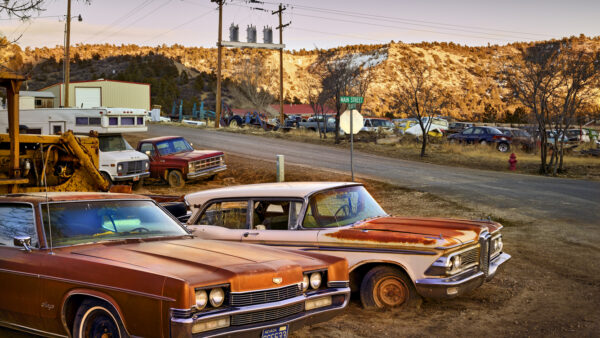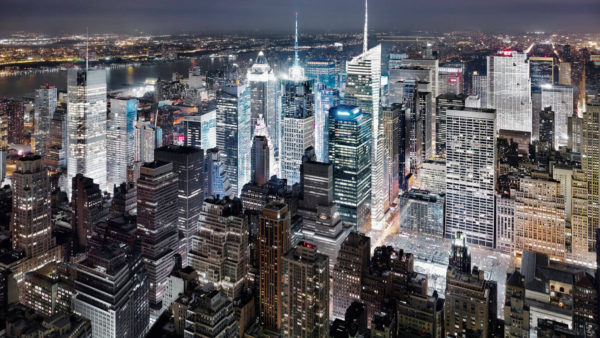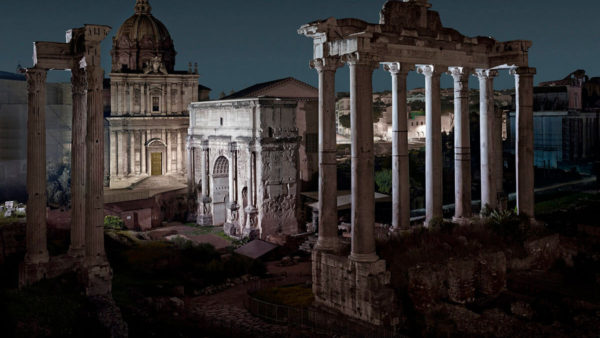Luca Campigotto, born in Venice in 1962, lives between Milan and New York. Graduated in modern history with a thesis on travel literature in an era of great geographical discoveries, he devoted himself to landscape and architecture photography. Traveling is a constant element in Campigotto’s works, which replaces the pen with the camera, tracing the activity of great writer-travelers of the past and willing to observe other realities.

Among his projects, there are studies on Venice, Rome, Naples, London, New York, Chicago, the Casbah road in Morocco, the temples of Angkor, Chile, India, Patagonia, Easter Island, Iceland, China, Yemen, Iran and Lapland. Campigotto’s photography is compensation for something not fully lived. The technical aspect gives the observer a widespread melancholy, never given up
Among his projects, there are studies on Venice, Rome, Naples, London, New York, Chicago, the Casbah road in Morocco, the temples of Angkor, Chile, India, Patagonia, Easter Island, Iceland, China, Yemen, Iran and Lapland. Campigotto’s photography is compensation for something not fully lived. The technical aspect gives the observer a widespread melancholy, never given up
It seems that his vision, where human beings are completely absent, records the passage of time in one photographic shoot; this restores the historical greatness and the admirable action of humanity in the residues of what is being observed, like a nocturnal Venice, the Hong Kong’s skyscrapers or the Egyptian pyramids. Photography becomes documentation and at the same time testimony, memory custody and premonition. To do this, he does not forget or consider negligible the degradation that time imposes on things . Weeds, chapped ruins, heaps of rubble are the emblems of a lived life and consumed passions.
Campigotto continues to photograph the work of the time. It seems that a historian has taken possession of the optical bench. Precisely the presence of history in a landscape – or more precisely, the presence of the thought of history – is what Campigotto is looking for in his subjects: their monumental and ancient aspect (in the etymological sense of the term, characterised by an aesthetic and also moral sense) and the passage of time deposited on the surface of the world.
His work can be defined conceptual, precisely in the mannerist meaning that through the image stages the artist’s melancholic universe, capable of cutting out the flows of fantasy within the borders of the photographic image. Luca Campigotto found his answer in a thoughtful use of photography sedimented in a long observational work and, at the same time, in a no-intermediaries melee with the material nature of what the lens is capturing.
Melancholy and restitution, vision and fantasy, monumentality of what he is observing, make Luca Campigotto a unique photographer in today’s artistic arena. As a prolific artist, he has always cultivated interest in writing. In 2005 the literary magazine Nuovi Argomenti published a selection of his images and poems.
Luca Campigotto, nato a Venezia nel 1962, vive tra Milano e New York.


